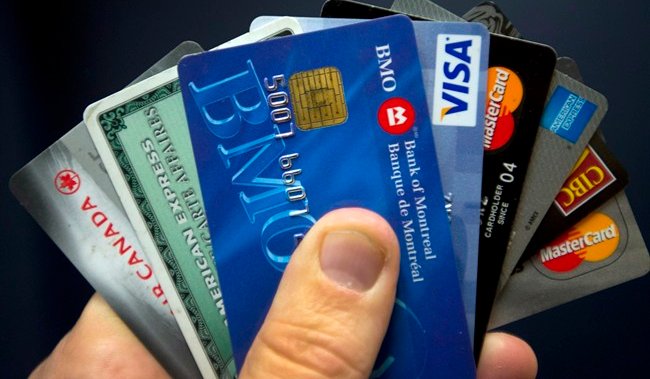Just over half of Canadians say they are $200 away or less from not being able to pay all of their bills at the end of the month amid higher interest rates and inflation.

Don’t forget you can cancel your Netflix subscription. /s

Not surprised in the slightest.
Most of my immediate neighbours own houses way outside their budget/payment capacity. As you said, add inflation and bigger monthly mortgage payments to the mix and it’s no surprise they can’t save 200$/month.

I say this more to keep in the back of your mind as a long term solution, not to fix your problems now. But if you’re able to advocate for better public transit in your area and urban planning more focused on walkability rather than car-centric, it will help everyone. Cities that are less car focused are better places to live in general. Plus it will open up the option to go from a 2 car household to 1, or even from 1 to none (less likely but possible in urban areas). A car is a huge expense when you add up all the direct and indirect costs. I would guess based on a few web searches that $1000/month per car is within the ballpark. For many, its a lot more. This means if you found a job that was within walking distance of your home that paid $5k less than your current job, you would still be making $7k more annually. This is a simplification but gives you an idea.

Household debt has been identified as a key risk for the economy by the Bank of Canada which is scheduled to make its next interest rate decision on Wednesday.
Then why the hell does the BoC continue to raise the gd interest rates ffs?
On a personal note I have an appt scheduled today with my bank to try and work out some kind of deal … the first step towards bankruptcy. :/
- EhForumUser ( @EhForumUser@lemmy.ca ) 3•1 year ago
Then why the hell does the BoC continue to raise the gd interest rates ffs?
Largely because there is too much household debt (which helps drive inflation). Higher rates incentivizes people to take on less debt.

It seems like Canada is really splitting into haves and have-nots.

